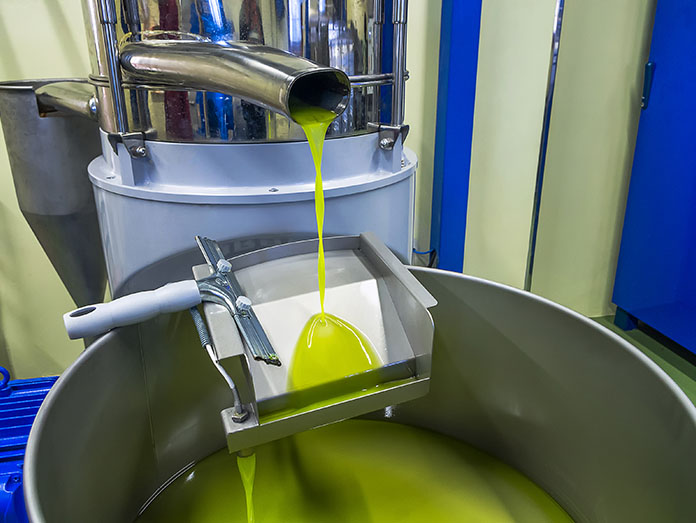Greek exports will increase by 2% – 3% in 2024 (in deflated terms), remaining, however, below the medium-term trend for their annual growth (5%), according to a recent study by the National Bank’s Economic Analysis Department. Bank analysts estimate that the estimated recovery of international trade in 2024 (+3.4%, from +0.8% this year, in volume terms) will significantly boost Greek exports.
However, three factors are expected to partially curb this momentum:
- The first months of 2024 will remain under pressure (partly due to reduced production of olive oil and olives, accounting for around 2 percentage points of growth within the year), a trend confirmed by the lower (compared to the European average) performance of Greek export orders
- Loss of share in the major apparel/textiles and metals sectors questions their recovery power
- Uncertainty in the international environment will remain (mainly in terms of geopolitical instability, high interest rates and inflation)
Greek Food Dynamics
Food is one of the pillars of Greek exports, with olive oil, feta cheese, olives and fresh fish being the main export products. This year, it is noted that the challenging international situation forces Greek exports (excluding petroleum products) to continuously slow down, resulting in a drop of 6.1% in the third quarter of 2023 (on an annual basis and in deflated terms). The magnitude of decline is corresponding to the previous crises (financial crisis and the pandemic). The current slowdown results by 80% from reduced demand in international markets, (the remaining 20% is related to net losses of sectoral shares).
Negative effects from oil products
Regarding the close of 2023, the marginally negative October (-0.4% year-on-year and in deflated terms), is estimated to be followed by two months of stronger downward pressure, as the impact of this year’s reduced olives and olive oil production begins to take effect. Specifically, according to the study, this effect, combined with the disasters in the agricultural production of Thessaly (Central Greece), will deprive 3 percentage points of growth from the fourth quarter of 2023. In this context, the NBG’s estimate of real exports in the last quarter of the year is around -3% compared to the corresponding period of 2022, thus bringing the 2023 total to levels similar to last year (+0.3%, in deflated terms)
Source: www.nbg.gr



















